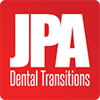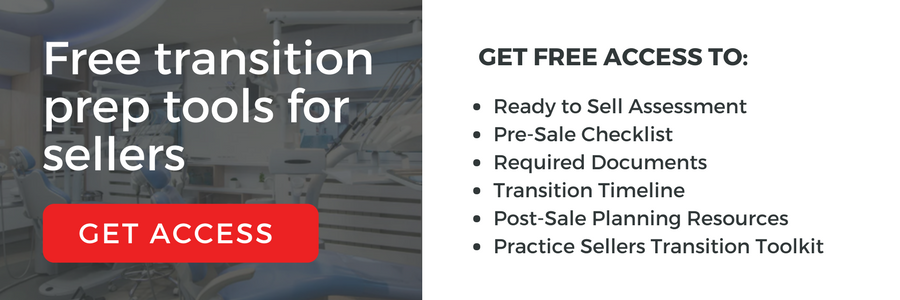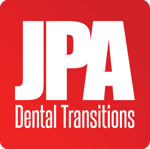For sale by owner sounds like a good way to sell your dental practice. But trust us. It only SOUNDS like a good idea. In execution, there are details that are overlooked when dental professionals sell their own practice, leading to mis-evaluations, breaches of confidentiality or deals falling apart.
We work with both sellers and buyers at JPA Dental Transitions, and have seen the ups and downs of practice transitions. We know how to avoid those costly issues. A big part of that is enlisting the help of a broker early on in the process.
Once, a doctor came to us after he bought into a practice with just a handshake agreement. He later realized legal documents were needed, and an attorney was brought in to draw up the paperwork. The entire agreement turned out to be a disaster, but it was too late for us to do anything about it. This story applies to the for sale by owner process -- ask for help before it's too late.
For Sale By Owner Misconceptions
You ran your practice and built it up into a success by yourself. So it’s understandable why you’d like to sell the practice by yourself. You might want to save money. You've read up on how to do it on your own. Despite all of that, you’ll be much better off allowing a broker to handle the transition. So let's look at the common statements a practice owner would make. Do the following statements fit you?
1) I already have a buyer.
We hear this misconception the most often. We run into sellers who feel they don’t need any help because a buyer has already contacted them. Often times younger doctors are proactively reaching out to established practices. The issue is that these buyers are contacting a lot of other practices, too (upwards of 50). These selling doctors think they have a hot lead and don't need help from a broker. In reality, the buyers are only partially committed to making a transition happen with you, and it is not a done deal.
2) I don’t want to pay a brokerage fee.
Selling on your own means you’re avoiding a 10% brokerage fee, but it also means you’re doing all of the work a broker would do, while still running your practice. You’re faced with prioritizing your practice and any ongoing transition deals. Not pushing a transition forward can lead to the deal falling apart. Time kills all deals. Keep in mind, a dental practice transition can take months to complete without a broker.
3) I know what my practice is worth.
Sellers working alone are likely to overvalue, or even undervalue, their practice. There’s a false rule of thumb that a practice is worth 65% of its gross income. Realistically, about 2% of practices sell for that. Nuances such as location, equipment, cash flow and patient base greatly influence the actual worth of the practice. And an impartial broker can help to accurately value your practice for the market.
4) I can make the best decision on who should buy it.
Selling a practice can be an emotional process. A seller is passing on a practice they built, and a buyer is trying to get the best deal possible. The transaction can be contentious, or an absolutely pleasant interaction between friends. Either way, emotions can get in the way of the deal. The buyer may not show you their true self so you can judge accurately. Whereas a broker remains neutral, and is able to look at everything and can determine what has actual value and what doesn’t.
Also, A broker can also help with your sale without jeopardizing your practice's confidentiality and value. When listing your practice yourself, the location, paperwork, and financial information can slip out there, and your staff can prematurely find out you’re looking to sell.
FSBO Dental Practice Summary
We understand that it’s your practice, and no one knows it as well as you. However transitioning a dental practice isn’t easy to do, and it’s even harder if you haven’t done it before. It’s possible, but it’s heavily detailed and a lot of boxes need to be checked. If you don’t check those boxes fast enough, the deal will die and you have to start all over again. So we recommend using a professional broker to save your own time, and get the most out of the sale, and stay focused on what you do best. After all, you wouldn’t let a patient work on their own filling, right?

 980.283.7355
980.283.7355















Comment